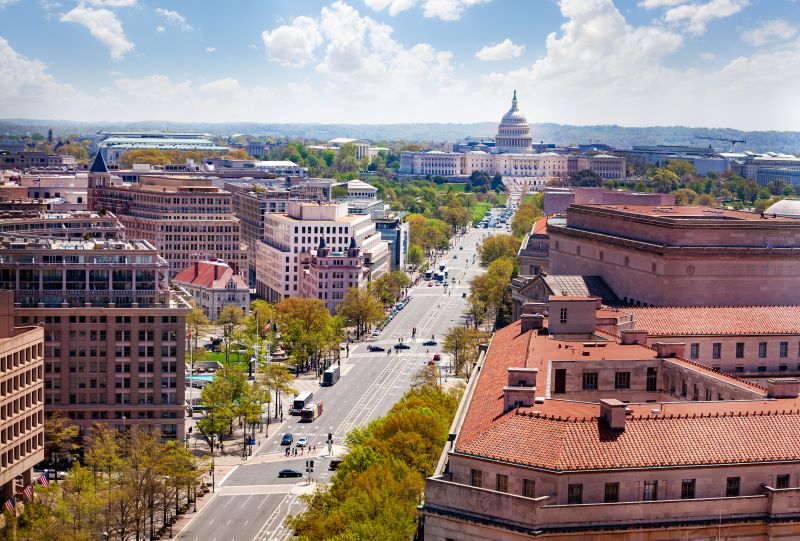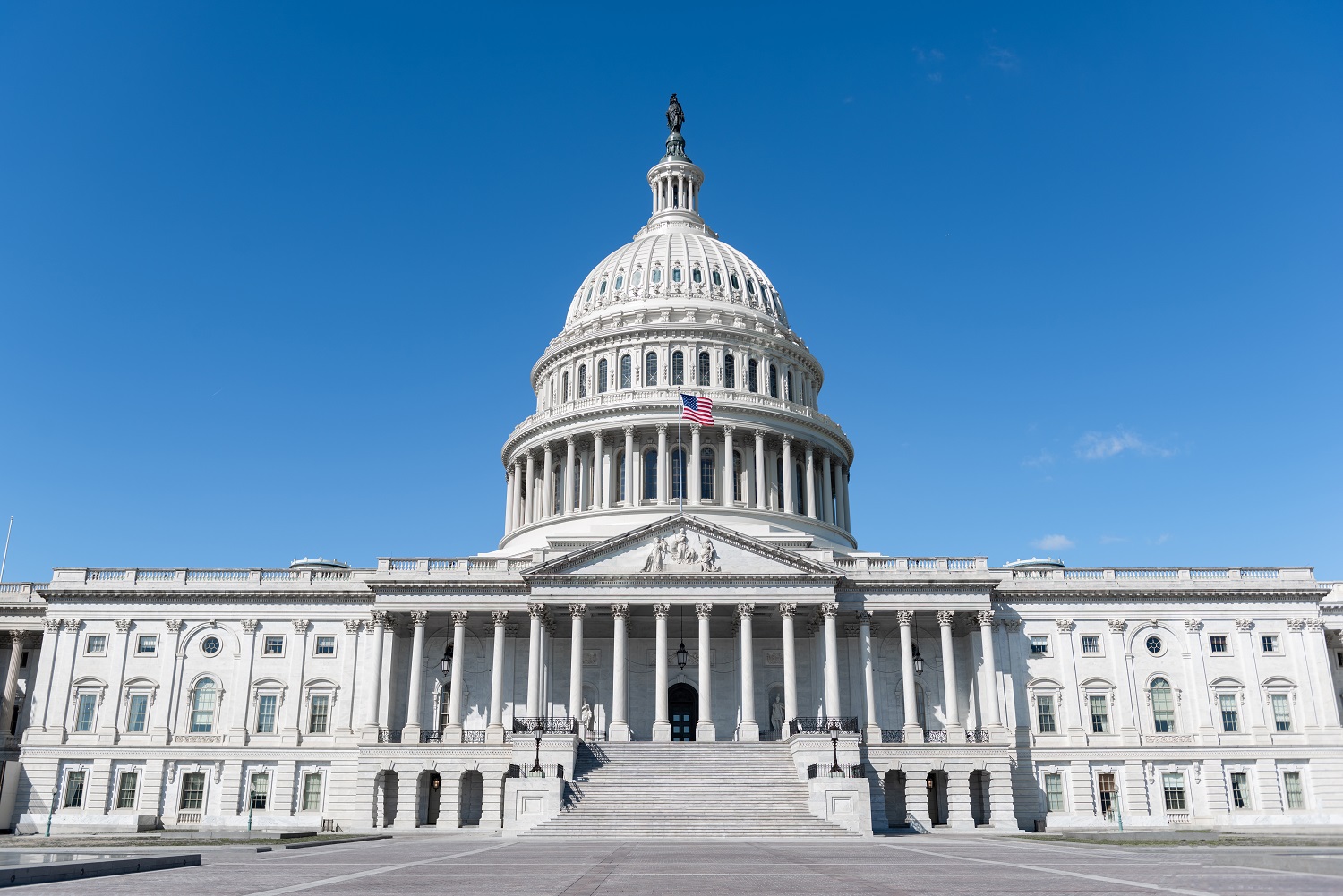On Tuesday, MCC signed a $277 million compact with El Salvador. It’s been a long road to the finish line for El Salvador with over a year-long wait between compact approval and signing (most countries sign within a month of approval). There’s a lot to like about the compact, including a coherent overriding objective of improving the investment climate and a substantial contribution of the government of El Salvador’s own resources. The compact also represents a large, concrete contribution to the Partnership for Growth with El Salvador.
Before delving into the compact, I’d like to clear up some possible misconceptions about why MCC—an agency that targets its assistance to relatively well-governed countries—chose to work with El Salvador. Despite the inaccurate claims in a recent Wall Street Journal opinion piece, El Salvador has fully met MCC’s policy performance criteria (as measured by a scorecard made up of 20 policy indicators) for years (keep in mind that in any given year only about a third of the 80 or so developing countries MCC considers for eligibility pass this governance test—it’s not a particularly easy hurdle). No, that doesn’t mean El Salvador has flawless governance, and certainly the country does demonstrate relatively weaker performance on the Rule of Law indicator (which measures many of the things that El Salvador observers tend to voice concerns about, e.g., crime, money laundering). But MCC’s mandate is also to work with developing countries which, as a whole, have somewhat greater challenges with institutional strength than do rich countries. They key point is that MCC assesses relative policy performance, and among the cohort of lower middle income countries, El Salvador looks pretty consistently good.
So given that, let’s turn to the compact. There’s a lot to like:
- Government co-financing signals commitment to compact objectives. MCC requires that lower middle income countries with a second compact contribute from their own funds at least 15 percent of the compact value. The government of El Salvador has gone above and beyond, committing to contribute $88 million—over 30 percent of the value MCC is investing.
- It’s focused…on improving conditions for the private sector. The El Salvador compact is not a single-sector compact like the last few MCC has developed (Ghana—power, Georgia—education, Zambia—water), but it nevertheless makes a fairly neat package with a coherent overriding objective: strengthening the business climate. MCC compacts have been more streamlined for a few years now, but this heightened attention to focus is worth highlighting again as an example of MCC taking to heart lessons learned from its early years when countries sometimes struggled to implement diffuse, complex agreements. If well-implemented, the El Salvador compact’s investments and the government’s accompanying regulatory, administrative, and programmatic contributions should help invigorate private investment (and perhaps address some of the business climate concerns that prompted the aforementioned WSJ author to have an unfavorable view of El Salvador).
- It’s a concrete action under the Partnership for Growth. Though PfG was launched to much fanfare in 2011, there’s not a lot of evidence that it’s shifted US assistance significantly in response to the US-partner country jointly developed strategies. The compact, however, does concretely address a number of key areas identified in the El Salvador Joint Action Plan.
I’ll look forward to watching the compact unfold. In particular, I’ll look for the economic rates of return for the compact activities (how cost-effectively will MCC investments help improve El Salvador’s investment climate?) and I’ll look forward to tracking El Salvador’s progress—in terms of both project implementation and the completion of accompanying regulatory and policy reform conditions—as the compact gets underway.
Recientemente, la Corporación del Desafío del Milenio (MCC por sus siglas en inglés) firmó un pacto de US$ 277 millones con El Salvador. Ha sido un largo camino hacia la línea de meta para El Salvador, con más de un año de espera entre la aprobación y la firma del convenio (la mayoría de los países firman un mes después de la aprobación). Hay muchas positivas del pacto, incluyendo el coherente objetivo primordial de mejorar el clima de inversión y una contribución sustancial de recursos propios del gobierno de El Salvador. El pacto también representa un gran aporte concreto a la Partnership for Growth (Alianza para el Crecimiento) con El Salvador.
Antes de ahondar en el pacto, me gustaría aclarar algunos posibles conceptos erróneos acerca de por qué MCC, una agencia que centra su ayuda en países relativamente bien gobernados, optó por trabajar con El Salvador. A pesar de las afirmaciones inexactas en un reciente artículo de opinión del Wall Street Journal (WSJ), El Salvador ha cumplido plenamente los criterios de ejecución de políticas de MCC (conforme a un sistema de puntuación compuesto por 20 indicadores de política) durante años (teniendo en cuenta que anualmente sólo un tercio de los casi 80 países en desarrollo que MCC considera para la elegibilidad, pasa esta prueba de gobernanza y éste no es un obstáculo particularmente fácil de saltar). No, eso no significa que El Salvador tiene una gobernanza impecable, y sin duda el país sí muestra relativamente un débil desempeño en el indicador de Estado de Derecho (que mide muchas de las cosas sobre las cuales los observadores en El Salvador tienden a expresar sus preocupaciones, como por ejemplo la delincuencia y el lavado de dinero). Pero el objetivo de MCC es también trabajar con los países en desarrollo que, en su conjunto, tienen mayores desafíos relacionados a fortaleza institucional que los países ricos.
El punto clave es que MCC evalúa el desempeño relativo de la política pública, y entre la cohorte de los países de renta media baja, El Salvador se desempeña bastante bien.
Teniendo en cuenta lo anterior, analicemos el pacto. Hay muchos aspectos positivos:
- La cofinanciación del Gobierno da señales de compromiso con los objetivos del pacto. MCC requiere que los países de renta media baja con un segundo pacto, aporten al menos el 15 por ciento del valor del pacto. El gobierno de El Salvador ha ido más allá, comprometiéndose a aportar US$ 88 millones, lo cual representa más del 30 por ciento del valor que MCC está invirtiendo.
- Se centra… en la mejora de las condiciones para el sector privado. El pacto con El Salvador no es un pacto de un solo sector como los últimos que MCC ha desarrollado (con Ghana en electricidad, con Georgia en educación, con Zambia en agua), pero aun así, es un paquete bastante bueno, con un objetivo primordial coherente: el fortalecimiento del clima de negocios.
Los pactos de MCC han sido simplificados desde hace algún tiempo. Cabe destacar de nuevo que el prestar mayor atención a centrarse en un sólo objetivo, es el resultado de lecciones aprendidas por MCC durante sus primeros años, cuando a veces los países tenían dificultades para implementar acuerdos complejos y difusos.
Si se implementan correctamente, las inversiones y políticas reglamentarias, administrativas y programáticas del pacto con El Salvador, deberían ayudar a fortalecer la inversión privada (y quizás abordar algunas de las preocupaciones sobre el clima de negocios que motivaron la mencionada opinión desfavorable de WSJ sobre El Salvador).
- Es una acción concreta en el marco de la Alianza para el Crecimiento (PfG, por sus siglas en inglés). Aunque PfG se lanzó con bombos y platillos en 2011, no hay mucha evidencia de que haya cambiado significativamente en respuesta a las estrategias desarrolladas conjuntamente entre EEUU y los países aliados. El pacto, sin embargo, aborda concretamente una serie de áreas clave identificadas en el Plan de Acción Conjunta con El Salvador.
Anhelo ver el desarrollo del pacto. En particular, espero ver las tasas de rendimiento económico para las actividades del pacto (¿cuál será la relación costo - beneficio de las inversiones de MCC sobre la mejora del clima de inversión en El Salvador?) Y quisiera hacer seguimiento del progreso de El Salvador (en términos de implementación del proyecto y cumplimiento de las condiciones impuestas en cuanto a reforma regulatoria y de políticas públicas) mientras el pacto se desarrolla.
Disclaimer
CGD blog posts reflect the views of the authors, drawing on prior research and experience in their areas of expertise. CGD is a nonpartisan, independent organization and does not take institutional positions.





